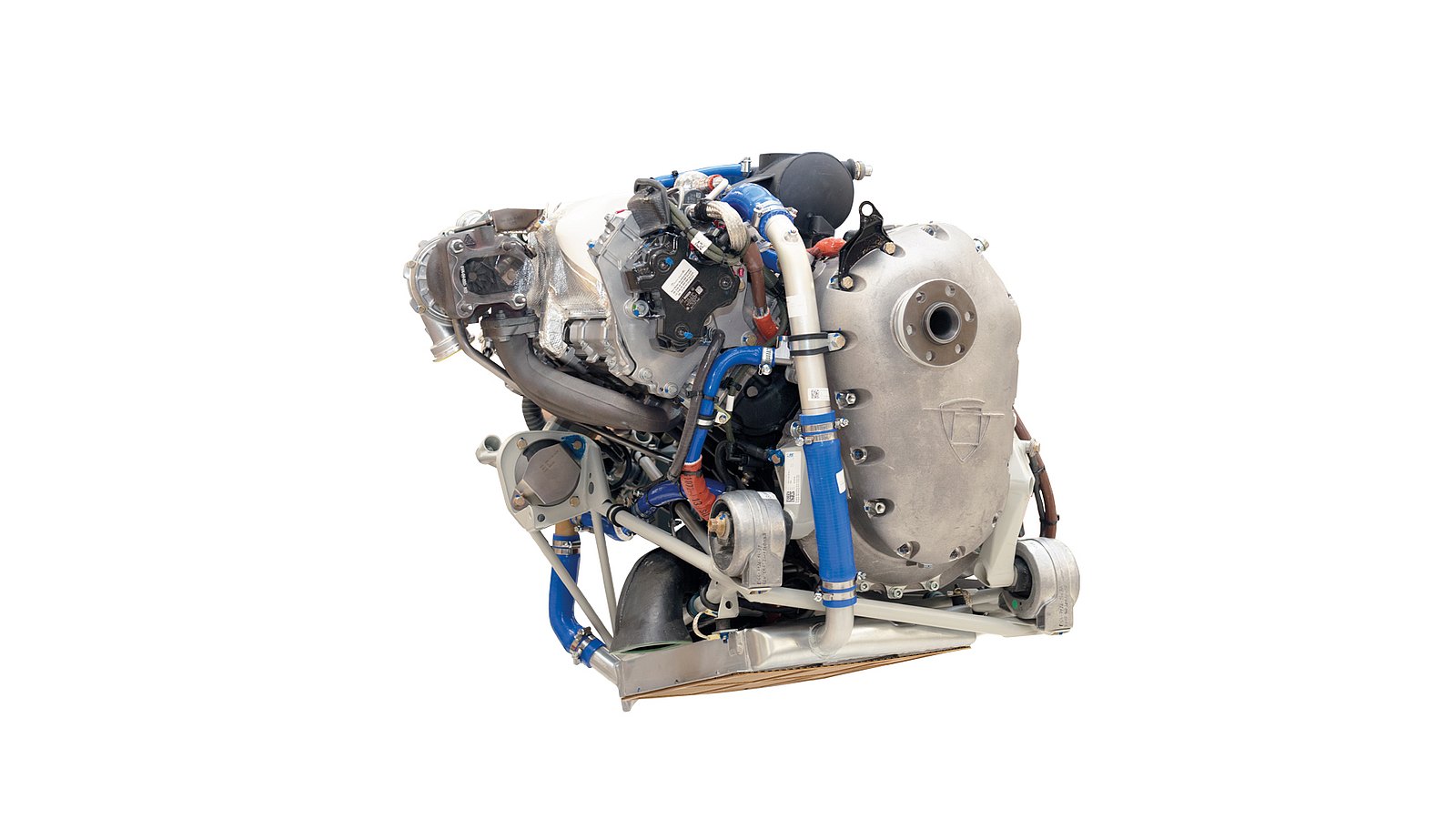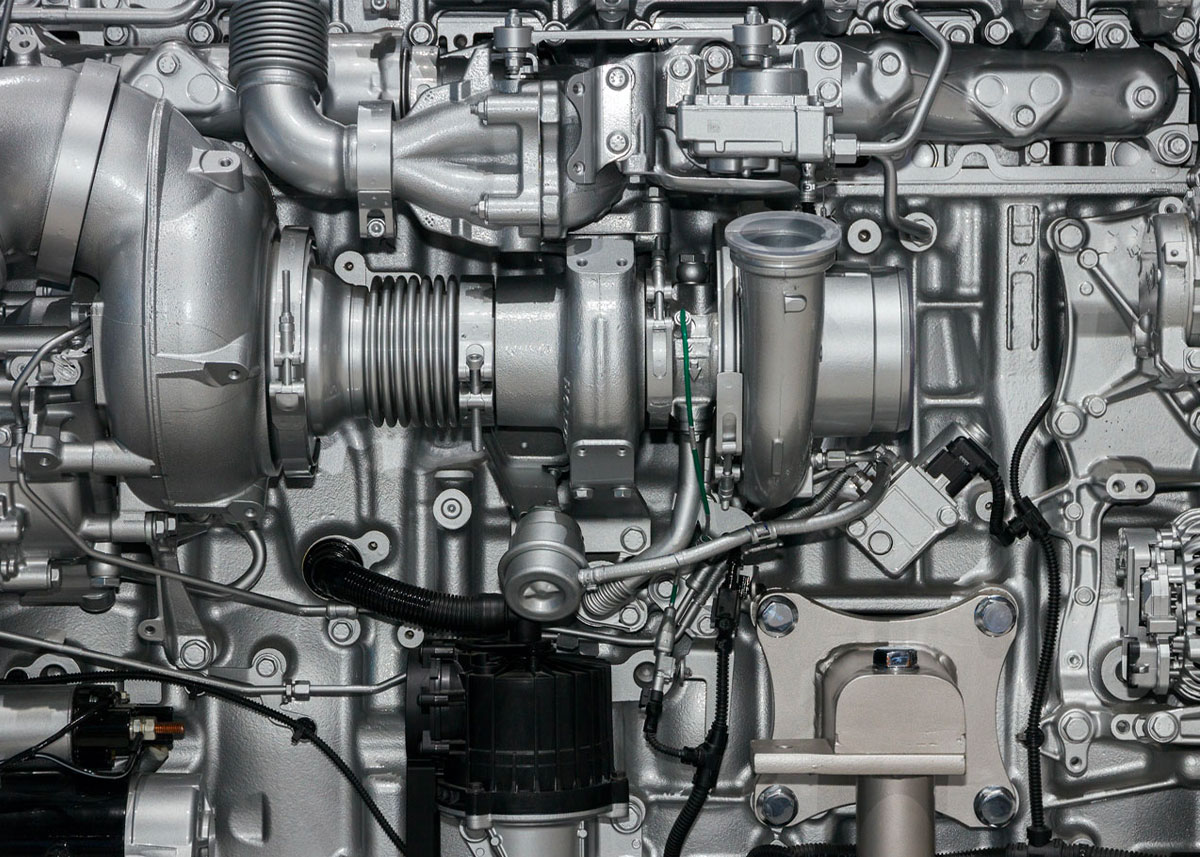Obtain the Perfect Fit with Engines For Africa's Diverse Selection
Obtain the Perfect Fit with Engines For Africa's Diverse Selection
Blog Article
A Total Guide to Picking the Right Engine for Your Task
Choosing the proper engine for your job is a critical choice that can substantially influence its total success. Each of these components plays a pivotal role in making sure that your selected engine not just meets prompt goals but likewise aligns with lasting goals.
Define Your Job Requirements
Defining your task needs is an essential step in selecting the proper engine for effective implementation. An extensive understanding of your project's objectives will guide you in recognizing the capacities and functions required from an engine. Begin by describing the extent of your job, consisting of the desired performance, target market, and the certain end results you aim to accomplish.
Next, take into consideration the technical demands that align with your job objectives. This includes examining the compatibility of the engine with existing systems, along with the programming languages and frameworks that will certainly be made use of. Additionally, evaluate the level of scalability required to fit future development or modifications in need.
Budget constraints likewise play an essential duty in defining your project requires. Develop a clear economic framework to direct your decision-making process, making sure that the engine chosen fits within your budget plan while giving the required performance.
Evaluate Efficiency Demands

Engines that support horizontal scaling are typically more suitable for bigger applications. Additionally, evaluate the engine's performance under various conditions, such as peak usage circumstances, to ensure it satisfies your dependability criteria.
Take Into Consideration Ease of Use
While technical requirements are crucial, the ease of usage of an engine can significantly affect the development process and overall job success. An instinctive user interface, clear paperwork, and structured operations can dramatically minimize the knowing curve for developers, allowing them to concentrate on imagination and problem-solving as opposed to coming to grips with complicated devices.
When evaluating an engine's ease of usage, take into consideration the onboarding experience. A well-structured introduction, full with tutorials and example tasks, can help with a smoother shift for brand-new users. Additionally, the quality and comprehensiveness of the engine's documents play a critical function; detailed guides and API recommendations can equip developers to repair and carry out functions successfully.
An additional facet to take into consideration is the engine's modification capacities. An engine that enables for easy adjustments can be extra user-friendly, as developers can tailor it to fit their particular demands without comprehensive problem. Analyze the operations integration with devices and systems you currently use. A cohesive community can enhance efficiency and decrease read rubbing during the development process. Ultimately, selecting an engine that focuses on ease of use can bring about a much more efficient and enjoyable advancement experience.
Assess Area and Assistance
The strength of an engine's community and support network can substantially influence a designer's experience and success. When evaluating an engine, consider the dimension and activity degree of its community.
Moreover, review the accessibility of main support networks. Reliable documents, receptive customer support, and normal updates are vital for addressing technological problems and maintaining your job on track. Engines For Africa. Active areas also cultivate partnership, providing possibilities for networking and responses, which can be invaluable, specifically for independent designers or small teams
In addition, examine the presence of community-run events, such as meetups or hackathons. These gatherings can enhance your understanding of the engine while attaching you with possible collaborators and experienced individuals. In recap, a durable community and support group not only simplify advancement but additionally create an atmosphere for learning and development, eventually improving the weblink probability of your project's success.
Compare Price and Licensing Options
Spending plan considerations play an essential duty in selecting the best engine for your project, as the cost and licensing options can dramatically affect both temporary expenses and lasting viability. Engines For Africa. Different engines provide varying prices frameworks, which can include one-time purchase costs, subscription versions, or revenue-sharing agreements based upon your task's revenues

Accrediting alternatives additionally vary considerably. Some engines are open-source, offering adaptability and community-driven support, while others may call for exclusive licenses that limit use and distribution. Recognizing the implications of each licensing design is crucial, as it influences possession civil liberties, future scalability, and possible lawful obligations.
Conclusion
To conclude, choosing the proper engine for a task demands a detailed examination of defined task needs, performance requirements, simplicity of usage, community support, and cost factors to consider. By systematically resolving these critical aspects, decision-makers can ensure positioning with both future and current task demands. A knowledgeable choice eventually improves the chance of project success, allowing efficient source allotment and maximizing possible end results within the defined financial restrictions.
Choosing the ideal engine for your task Find Out More is an important choice that can dramatically influence its general success.Defining your project needs is a critical step in choosing the suitable engine for successful implementation. A detailed understanding of your project's purposes will certainly assist you in identifying the functions and abilities required from an engine.As soon as you have a clear understanding of your project requires, the following step is to review the efficiency needs of the engine.In conclusion, choosing the suitable engine for a task requires a complete assessment of defined project requirements, efficiency requirements, convenience of use, neighborhood support, and cost considerations.
Report this page